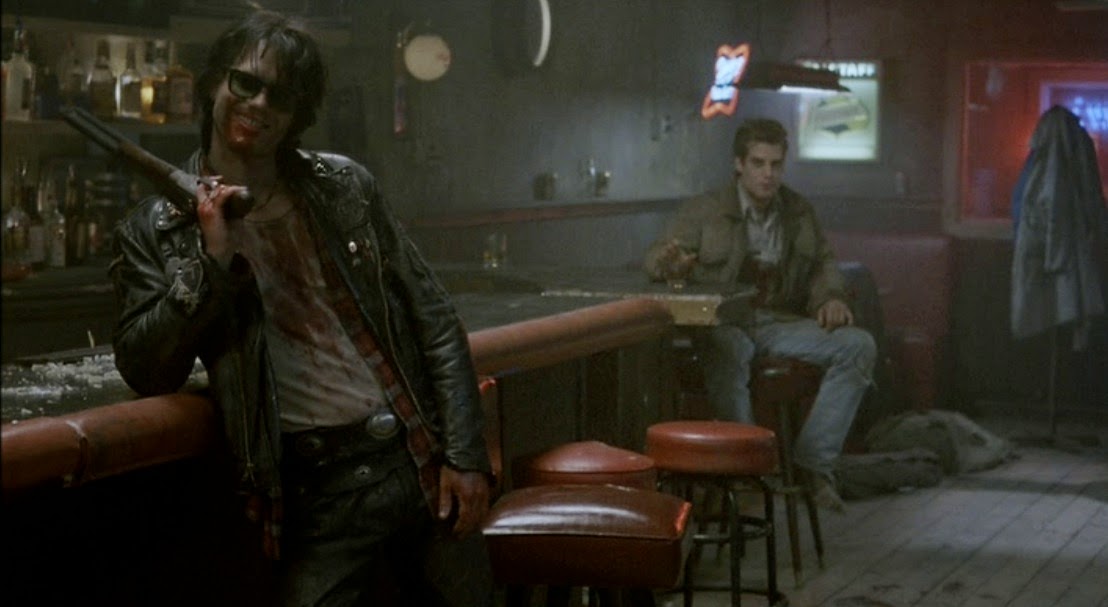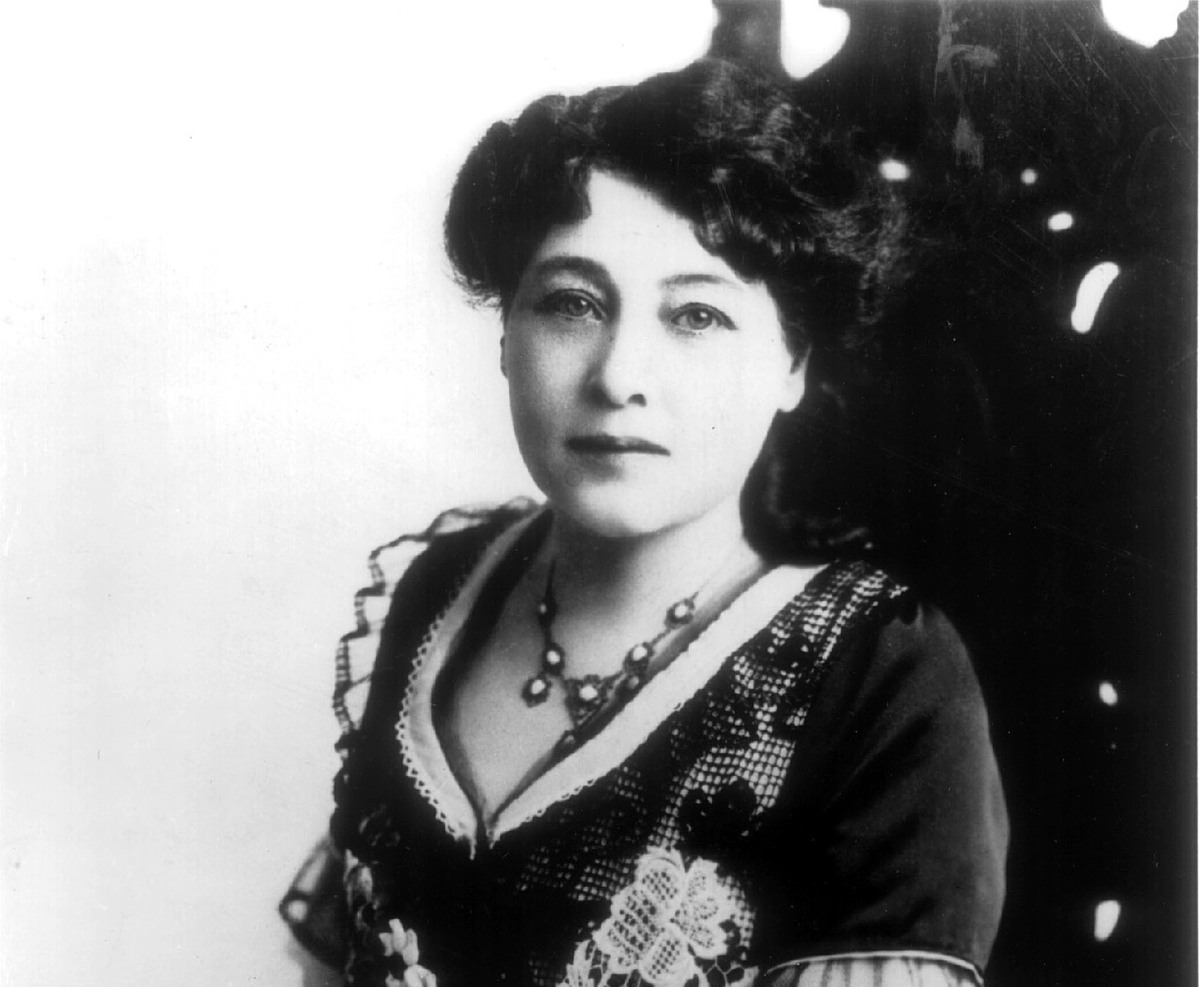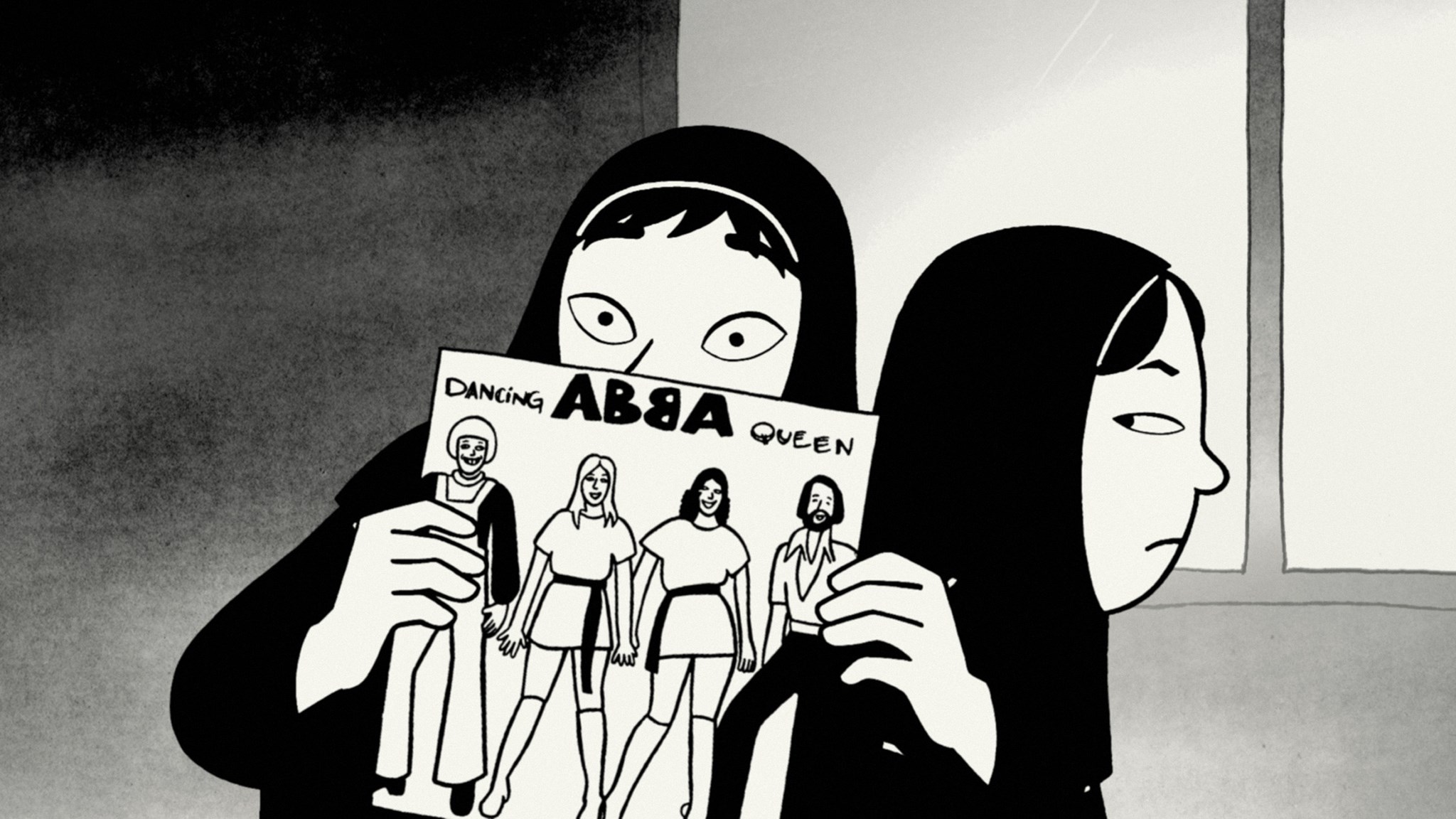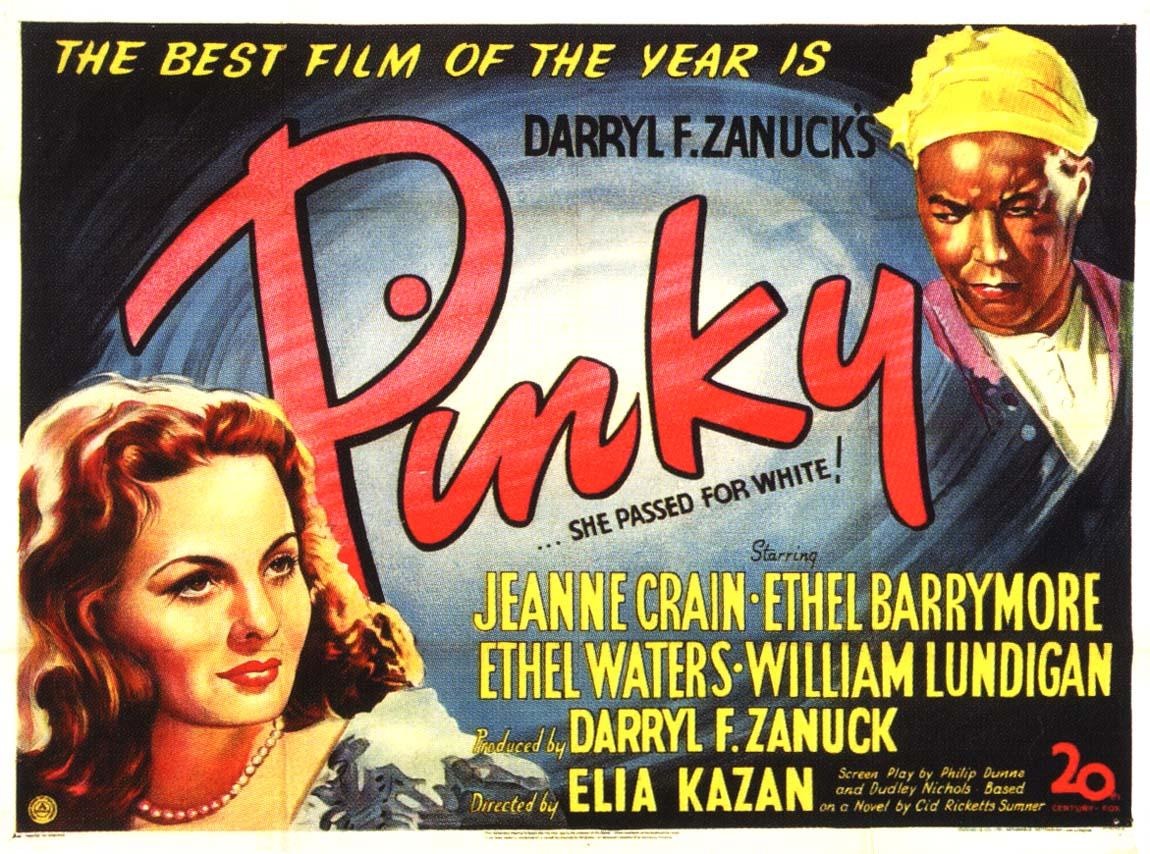‘Making a Murderer,’ ‘Fantastic Lies,’ and the Uneasy Exculpation Narratives by Women Directors
What is most remarkable and perhaps most subversively compelling about both ‘Making a Murderer’ and ‘Fantastic Lies,’ and about the intentions and directorial choices of their respective creators, is that neither documentary endeavor chronicles the sagas of particularly defensible — or even, to some, at all likable — men.











